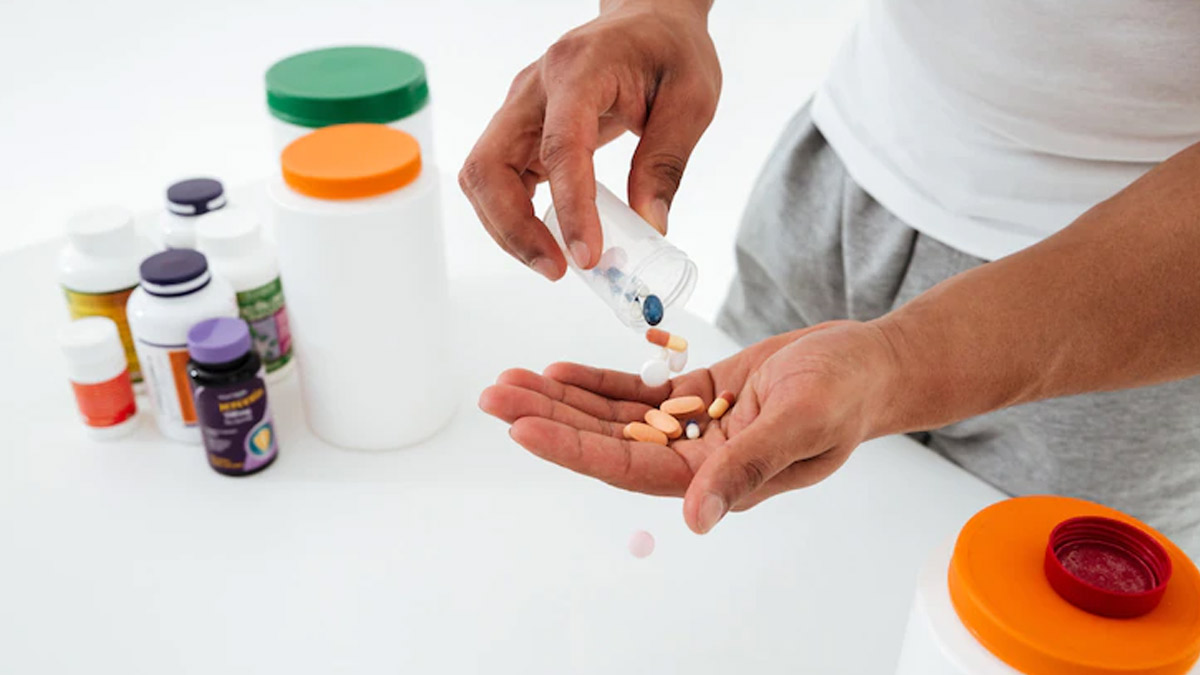
Depression is a mental health disorder that affects millions of people worldwide, causing feelings of sadness, hopelessness, and a lack of interest in activities. While various treatment options exist, including therapy and medication, some individuals may wonder if dietary supplements can play a role in alleviating symptoms of depression. While research into the potential benefits of dietary supplements for depression is ongoing, it is important to approach such claims with caution.
Table of Content:-
Exploring the Potential
Several dietary supplements have been investigated for their potential impact on mood and depressive symptoms. Some commonly studied supplements include omega-3 fatty acids, B vitamins, SAM-e (S-adenosyl-L-methionine), and St. John's wort. These supplements have shown promising results in some studies, suggesting a potential positive effect on depressive symptoms.
Omega-3 fatty acids, found in fish oil and certain plant sources, have been associated with improved mood regulation and reduced symptoms of depression in some individuals. Similarly, B vitamins, particularly vitamin B12 and folate, play crucial roles in brain function and the synthesis of neurotransmitters that affect mood. Adequate levels of these vitamins are essential for overall mental well-being.

Also read: 4 Tips To Manage Chronic Inflammation With Psoriasis
SAM-e, a naturally occurring compound in the body, has been investigated for its potential antidepressant properties. Some studies suggest that SAM-e may help increase levels of certain neurotransmitters, such as serotonin and dopamine, which are often imbalanced in individuals with depression.
While dietary supplements may show potential in managing depressive symptoms, it is crucial to note that they are not a substitute for professional medical advice or prescribed treatments. Depression is a complex condition influenced by various factors, including genetics, environment, and brain chemistry. Therefore, it is essential to consult with a healthcare professional before incorporating any dietary supplements into a depression treatment plan.
Also watch this video
How we keep this article up to date:
We work with experts and keep a close eye on the latest in health and wellness. Whenever there is a new research or helpful information, we update our articles with accurate and useful advice.
Current Version